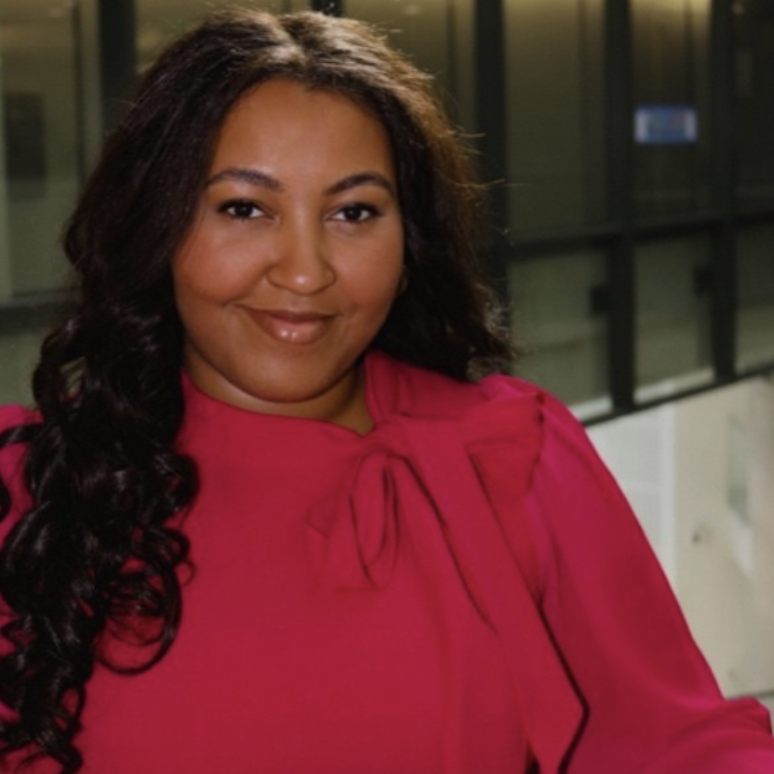Being a part of the Maternal and Child Health Leadership Training Program (LTP) has been one of the most transformative experiences of my academic and professional journey. When I first applied, I was looking for a space where I could grow as a leader in maternal and child health—an area I’ve long been passionate about. As a future physician with a limited background in public health, I knew I needed more than technical knowledge. I needed the confidence, tools, and connections to lead with purpose. Through each session, I was challenged to think critically, communicate with intention, and lead with empathy. I feel significantly more prepared to collaborate across disciplines, make decisions in complex environments, and advocate for the health of women, children, and families. I learned how to step into leadership, even when the role isn’t clearly defined, and how to create space for others to do the same.
One of the most enriching aspects of the program was the community we built, I found strength in our shared mission and inspiration in our diverse perspectives. We learned from one another not just through lectures or projects like in the classroom, but through lived experience and open dialogue. Our 8-hour retreat was a powerful turning point—blending meaningful discussion with self-care activities like yoga and meditation. It was a reminder that effective leadership requires reflection, rest, and collective care.
Through LTP I gained hands-on experience that forced me to venture beyond my comfort boundaries into advocacy work. I had the chance to create an op-ed that exposed the rural obstetric care deficiency which receives insufficient attention in standard public health discussions. The opportunity to use my voice for this important matter was empowering yet using our training to act was even more powerful.
Additionally, I found the Hill meeting simulations especially valuable because they provided direct experience about policy development processes. The simulation activities enhanced my public speaking abilities while improving my policy analysis capabilities and allowed me to establish connections with professionals who combine health expertise with government work. The policy-focused learning experience has proven essential for my future work connecting clinical healthcare to policy-making solutions. The program equipped us to navigate the fast-changing technological world because it kept us current with modern trends. We received exposure to current discussions about AI applications in public health services while learning how to effectively communicate with news reporters and different public groups through media training. My experience in showing up effectively in public-facing roles through interviews and op-eds and digital platforms has completely transformed my understanding of leadership and influence.
As I look ahead, I carry these lessons with me. I plan to go on to become a physician, specializing in obstetrics and gynecology, where I will have the opportunity to advocate for patients both in the clinic and through policy. I hope to provide compassionate, patient-centered care while also working to dismantle the structural barriers that impact maternal health. Thanks to this program, I feel equipped with the leadership skills, policy insight, and network of support to make a meaningful impact in both medicine and public health.


